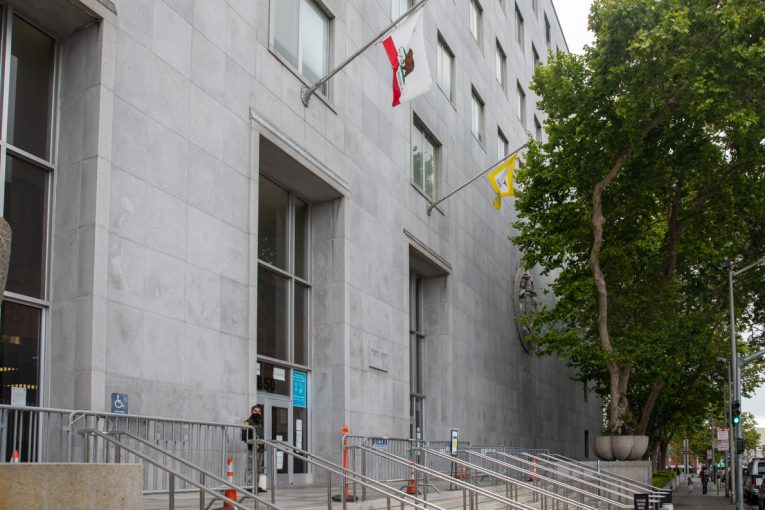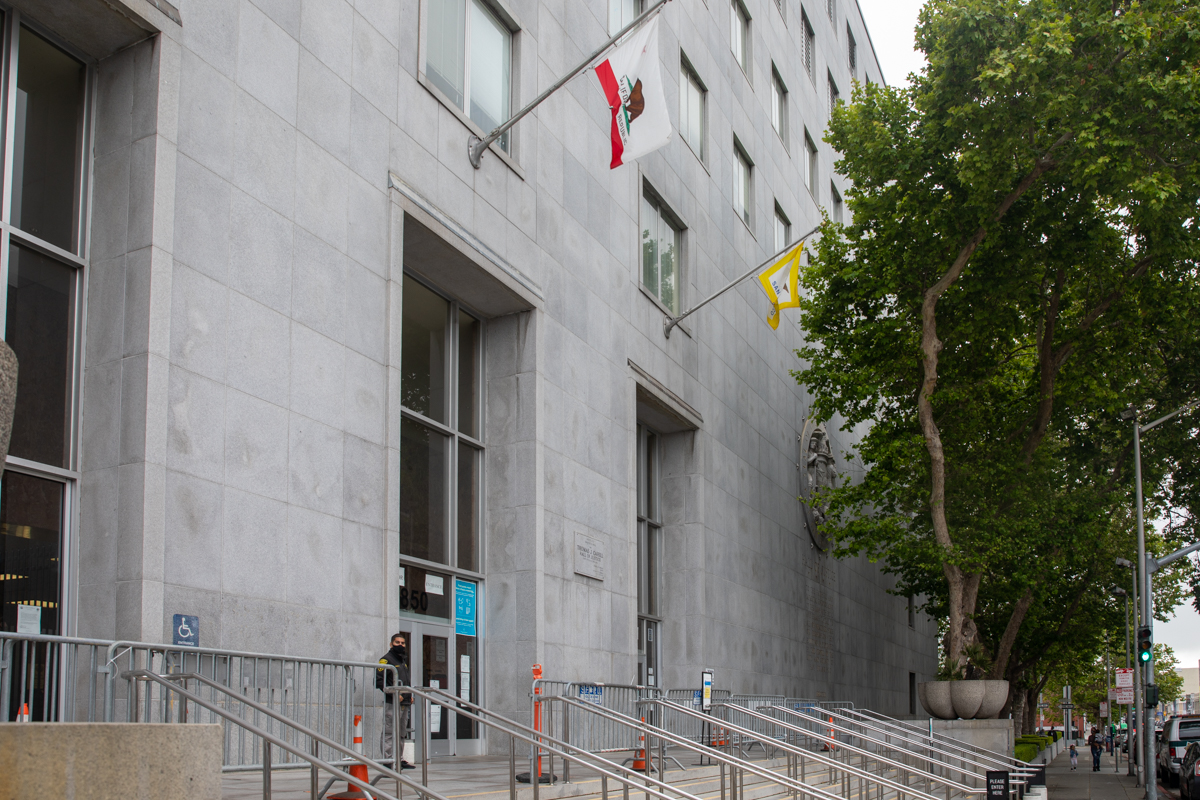
 By Elena Rawlinson
By Elena Rawlinson
SAN FRANCISCO, CA – Judge Gale Dekreon oversaw a number of diversion motion petitions this week in San Francisco Superior Court, Dept. 17—the diversity of experiences and stories presented by the defendants exemplify the importance of diversionary programs that seek to treat the symptoms of addiction rather than punish offenders for actions taken under the influence of alcohol or narcotics.
For example, James Mathew Rogers, represented by Public Defender Kaitlyn Murphy, appeared in court after allegedly driving 90 mph in a 65 mph zone on the freeway while intoxicated.
Judge Dekreon granted the defendant’s motion for diversion. The tentative ruling described the following measures which needed to be undertaken by Rogers: 100 AA meetings, eight hours of traffic school, 18-month wrongful offender program, and 12 “thinking for change” courses.
PD Murphy requested that the 12 “thinking for change” courses be removed from the diversion motion, noting, “Mr. Rogers goes to AA meetings every day or nearly every day. He actually just informed me he got his chip you get after you’ve been in AA consistently for a year…and he has two elderly parents two doors down that he cares for, so just with everything going on in his life I would ask that the court not also order him to do the 12 classes.” 
After the defense submitted its comments, the DA voiced their objection to the diversion motion.
The DA stated the prosecution commended “Roger’s efforts to address his substance abuse issues and remain arrest free.” However, the DDA noted that DUIs pose a significant risk to the San Francisco community and maintained that penalties are an important deterrent to prevent further drinking and driving.
“We understand that he is a valued member of San Francisco’s sober and recovering circles and congratulations on his recent chip…there is still risk of a further relapse,” the DDA said.
Dekreon granted the diversion motion including the 12 thinking for change classes, explaining, “Something’s wrong here, he’s been in the sober community for eight years, two DUIs in eight years while in the sober community.. He has wonderful character references … and yet two DUIs.”
In another case, 18-year-old high school student DiMaggio Valentino Napoleon appeared in court today via Zoom, represented by Public Defender Olivia Taylor.
Dekreon sent out a tentative ruling the prior night to deny the diversion motion.
PD Taylor requested a brief conference off the record in light of new information she received about Napoleon’s case, noting, “Mr. Napoleon was covering for his father, Tino Napoleon, who was the driver of the vehicle.”
Judge Dekreon commented that this story made more sense, “This eases my mind.’
PD Taylor explained that there were three guns found in Napoleon’s vehicle the night of the incident, one was between the driver’s seat and the center counsel, the other two were on the defendant’s person.
Napoleon’s father was arrested and held on the night of the incident for being a convicted person with a concealed firearm, and a convicted person carrying a loaded firearm.
For a reason unknown to the defense, these offenses were dropped. Tino has a new case in which he’s charged with convicted person having concealed firearm, convicted person carrying a loaded firearm
Taylor noted, “He’s been rearrested for essentially the exact same behavior.”
Judge Dekreon denied the diversion motion without prejudice, which gives time for the PD to file new information about the case under seal.
In another case, Michael Awbrey was represented by Public Defender Calway on an allegation of driving under the influence of narcotics.
PD Calway requested that Awbrey be released on recognizance. Calway noted that he had been charged in Colorado for possessing marijuana with intent to distribute and he had committed a misdemeanor in Sonoma County, neither of which he had attempted to take accountability for.
Calway articulated that release on recognizance was appropriate because he was allegedly standing outside of the vehicle but had run out of gas, there is no evidence of bad driving and no accidents.
The People advocated for OR with proof of NA, given that Awbrey has an extensive support system in Santa Rosa.
Judge Dekreon ruled, “I will grant Mr. Awbrey the OR with the condition that he must come back at the next court date and he must do one NA meeting a week.”
PD Calway challenged this, explaining that the emergency rule which is still in effect declared that defendants don’t have to be present for court dates.
Judge Dekreon said that Awbrey could appear on Zoom but she was worried about the client’s ability to appear in court given his Colorado and Sonoma County legal infractions that he had not dealt with.
The defense attorney pushed back on the grounds that the emergency rule excused clients from being present at court dates, “I’m not sure that’s a legal ruling.”
Judge Dekreon maintained that things had improved since that emergency rule had gone into effect, noting that masks were required but people still ate at restaurants. Dekreon concluded that her decision still stood, and Awbrey would have to be at the next court date in person.

